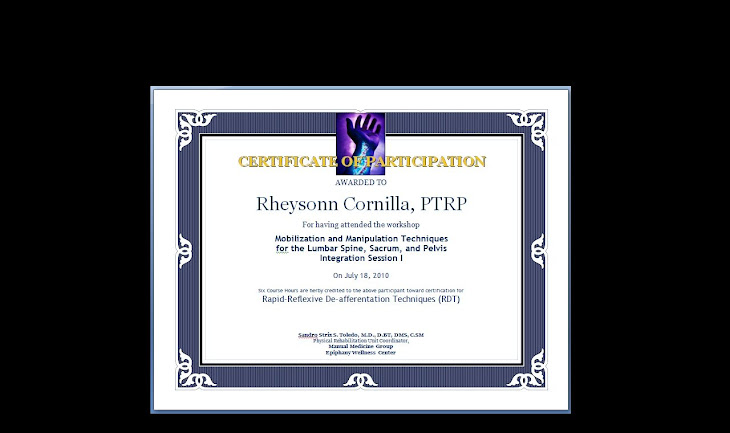For the study, called JUPITER, researchers led by Paul Ridker, director of the Center for Cardiovascular Disease in Women at Brigham and Women's Hospital, examined almost 18,000 patients worldwide. Participants included men ages 50 and older and women ages 60 and older who did not have histories of heart disease or high cholesterol levels. However, participants had high levels of C-reactive protein, which indicates inflammation in the body. Participants took either Crestor, part of a class of cholesterol medications called statins, or a placebo.
Researchers had planned to continue the study for five years but decided to end the study after two years because of the apparent benefits of Crestor cited by independent safety board that monitored the research (Belluck, New York Times, 11/10). According to the study, in comparison with participants who took a placebo, those who took Crestor were 54% less likely to have a heart attack, 48% less likely to have a stroke, 46% less likely to need angioplasty or bypass surgery, 44% less likely to experience any of those cardiovascular events and 20% less likely to die from any cause (Stein, Washington Post, 11/10).
Ridker is an inventor involved with patents related to CRP held by Brigham and Women's and has received grants and fees from AstraZeneca (Wall Street Journal, 11/10). Reaction
According to researchers, the results of the study could help explain the large number of heart attacks and strokes that occur in individual with normal cholesterol levels, as well as promote the use of tests for CRP levels. Elizabeth Nabel, director of the National Heart, Lung and Blood Institute at NIH, said medical groups likely will revise guidelines to recommend that physicians test patients for CRP levels and prescribe statins to those who have high levels (New York Times, 11/10).
Experts said that U.S. physicians might prescribe statins to as many as seven million more patients as a result of the study (Marchione, AP/Austin American-Statesman, 11/10). Treatment of patients with high CRP levels with Crestor or other statins could prevent as many as 50,000 heart attacks, strokes and deaths annually, experts said (Maugh, Los Angeles Times, 11/10). American College of Cardiology President Douglas Weaver, said, "This takes prevention to a whole new level," adding, "Yesterday, you would not have used a statin for patients whose cholesterol was normal. Today, you will" (Washington Post, 11/10).
However, some physicians questioned the need for treatment of all patients with no risk factors for heart attack other than high CRP levels, as few cases occur in such patients and the practice could cost as much as $9 billion annually. In an editorial that accompanied the study, Mark Hlatky, a Stanford University cardiologist, "Everybody likes the idea of prevention," adding, "We need to slow down and ask how many people are we going to be treating with drugs for the rest of their lives to prevent heart disease, versus a lot of other things we're not doing" to improve health (AP/Austin American-Statesman, 11/10).
Reprinted with kind permission from http://www.kaisernetwork.org. You can view the entire Kaiser Daily Health Policy Report, search the archives, or sign up for email delivery at http://www.kaisernetwork.org/dailyreports/healthpolicy. The Kaiser Daily Health Policy Report is published for kaisernetwork.org, a free service of The Henry J. Kaiser Family Foundation.













